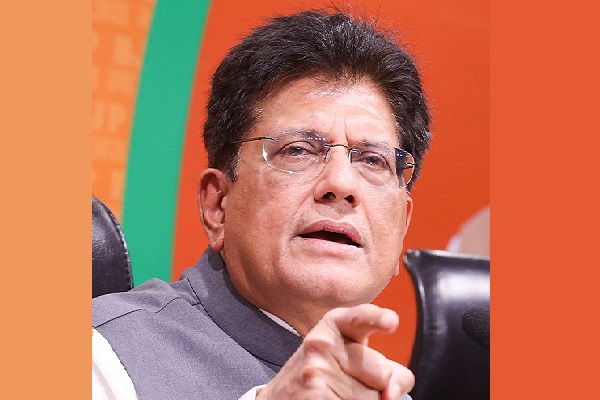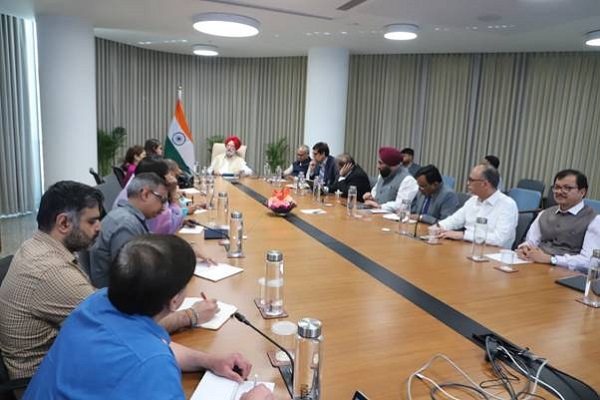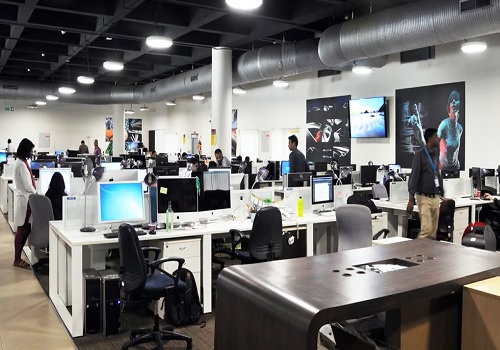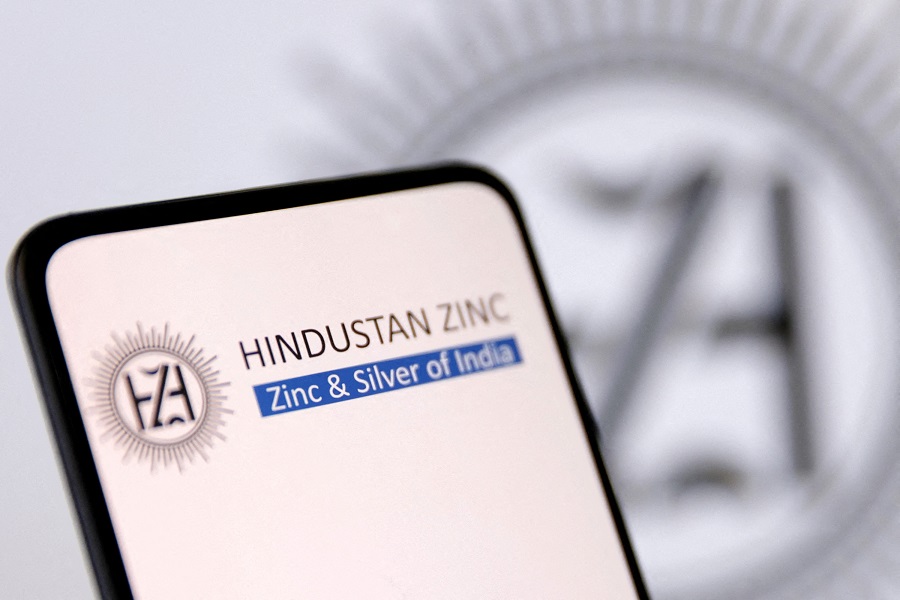Embracing a Stress-Free Lifestyle in the Age of Artificial Intelligence
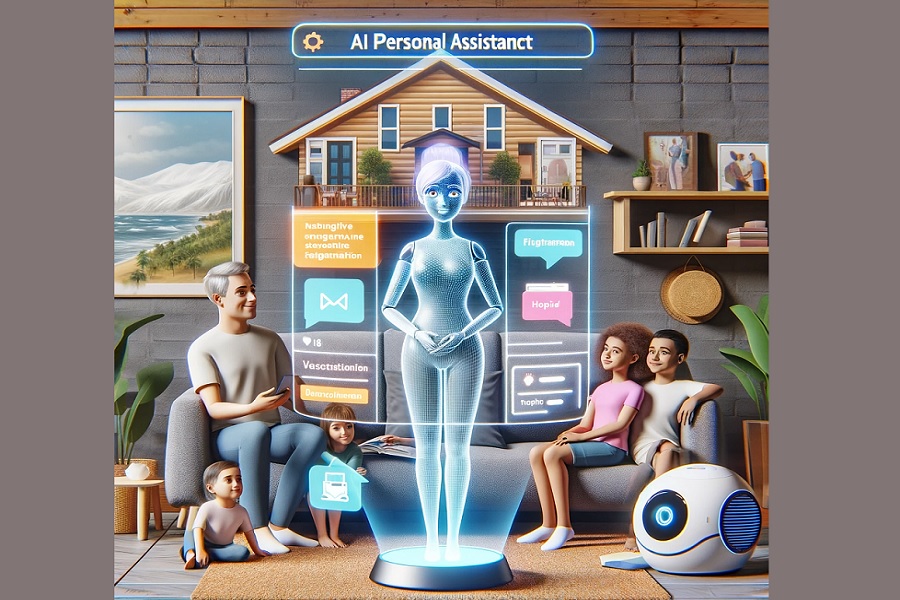
The rapid advancement of Artificial Intelligence (AI) is transforming our daily lives in unprecedented ways. While AI enhances productivity and efficiency, it also raises concerns about job security, mental well-being, and information overload. Striking a balance between technology and a stress-free lifestyle is crucial to thriving in this AI-driven era.
The Impact of AI on Daily Life
AI-powered tools are integrated into various aspects of our lives, from smart assistants like Alexa and Google Assistant to automated financial planning, healthcare diagnostics, and even emotional well-being applications. While these innovations offer convenience, they also blur the lines between work and personal life, potentially leading to burnout.
Strategies for a Stress-Free Lifestyle in an AI World
1. Digital Mindfulness and Detox
Excessive dependence on AI-powered applications can lead to information overload and anxiety. Practicing digital mindfulness—such as setting screen time limits, disabling non-essential notifications, and taking breaks from devices—can help maintain mental peace.
2. Leveraging AI for Well-being
Instead of letting AI dictate our schedules, we can use it to enhance well-being. AI-driven meditation apps like Headspace and Calm, personalized fitness trackers, and smart health monitoring can improve physical and mental health.
3. Balancing AI and Human Interaction
While AI chatbots and virtual assistants make life easier, they should not replace human connections. Engaging in face-to-face conversations, practicing empathy, and building strong relationships are essential for emotional well-being.
4. Enhancing Productivity Without Overworking
AI automates repetitive tasks, enabling professionals to focus on creative and strategic work. However, setting boundaries—such as scheduling work hours and avoiding excessive reliance on AI-driven decision-making—can prevent burnout.
5. Developing Adaptability and Continuous Learning
With AI-driven automation impacting various industries, individuals must embrace lifelong learning. Upskilling in fields like emotional intelligence, critical thinking, and creativity ensures job relevance and reduces stress related to career uncertainty.
Conclusion
AI is an invaluable asset in our fast-paced world, but maintaining a stress-free lifestyle requires mindful usage. By balancing AI integration with human-centric practices, digital mindfulness, and continuous learning, individuals can enjoy a fulfilling and relaxed life in the AI era.







